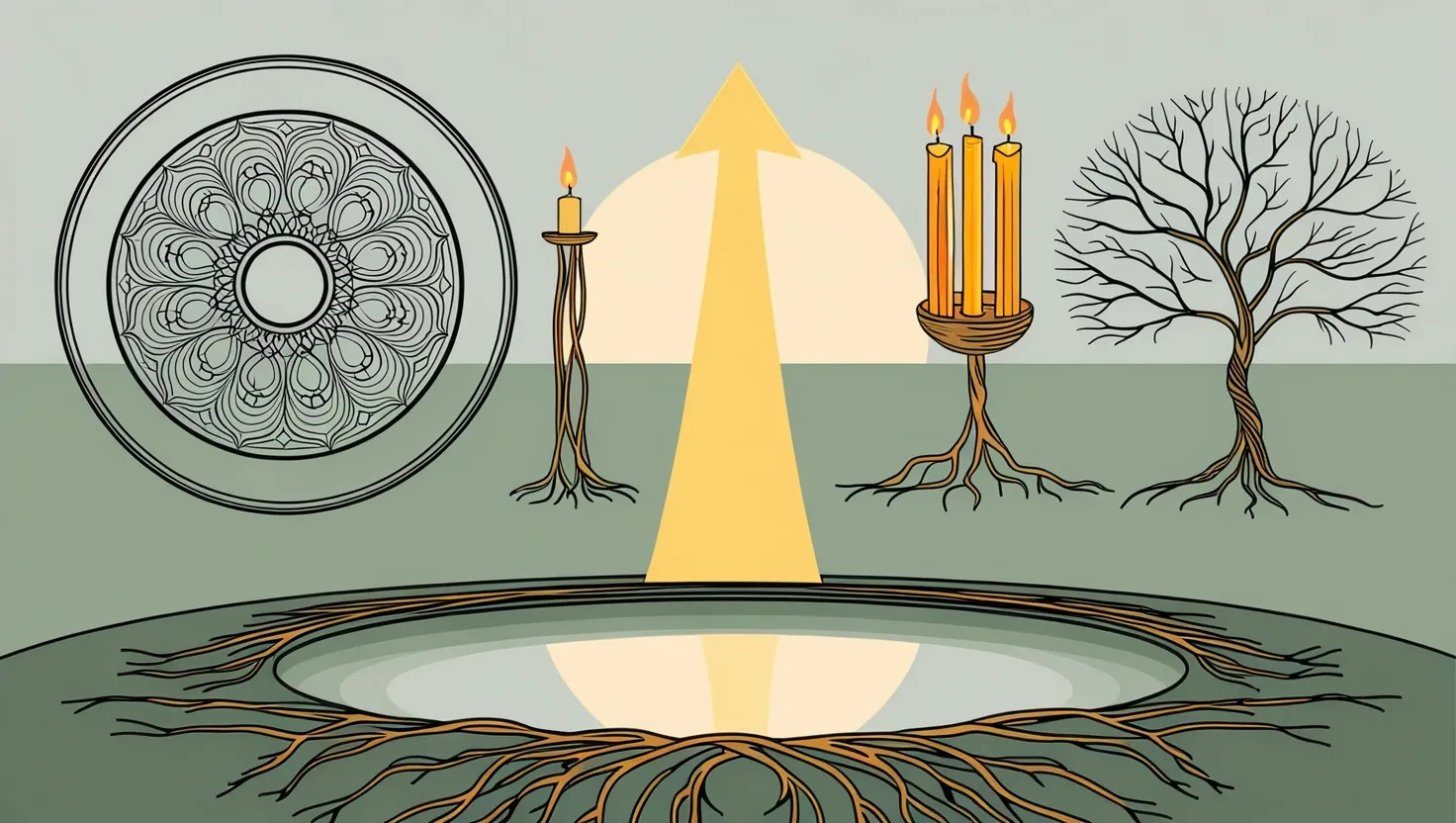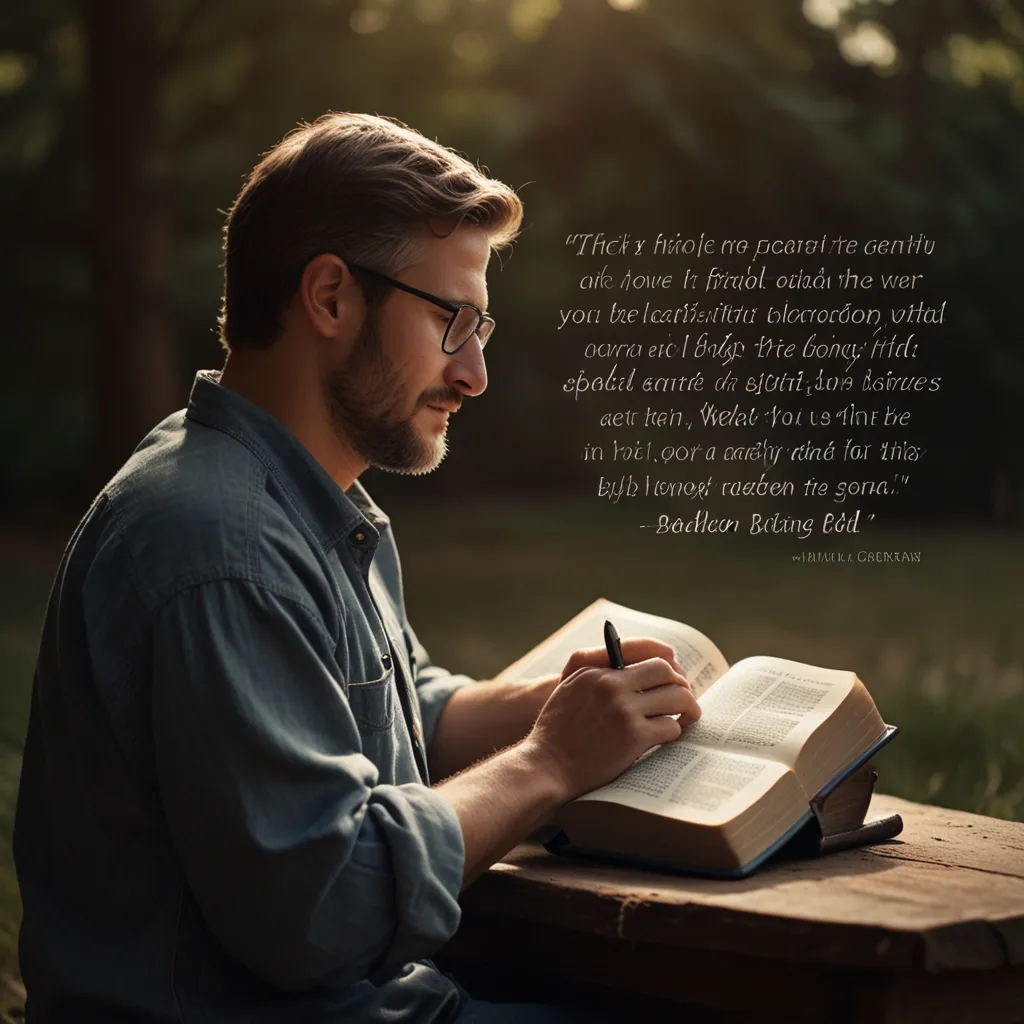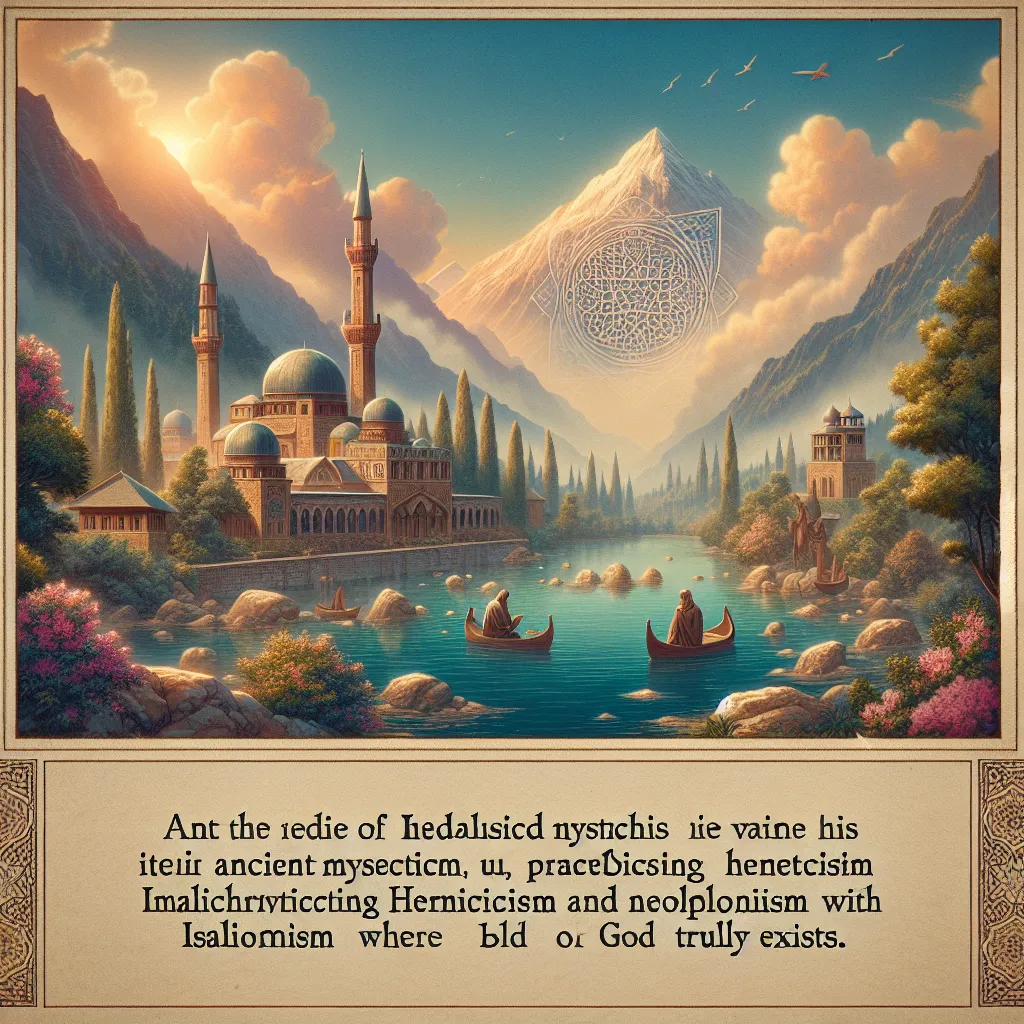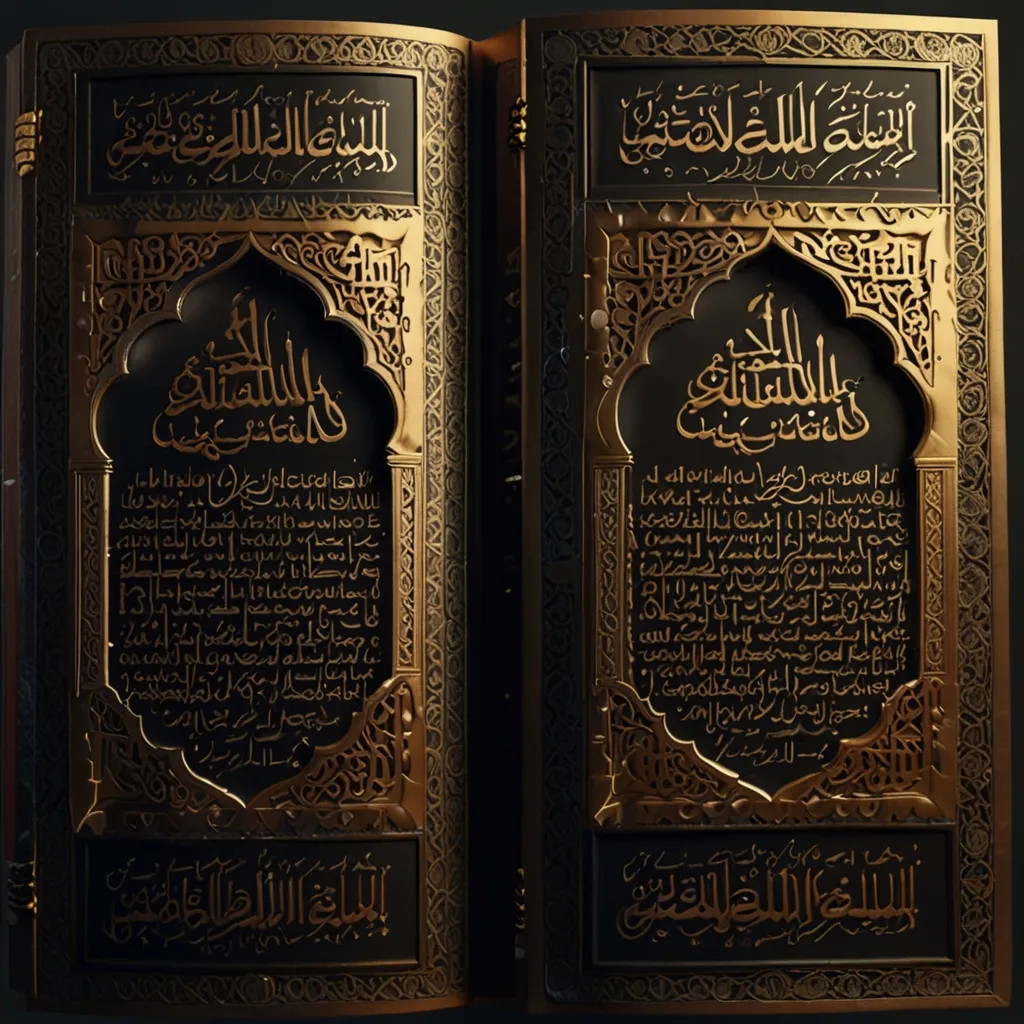What is time, really? I find myself pausing on this question more often than I’d like to admit, caught between my calendar’s rigid march and the strange sense that some moments linger forever while others vanish before I grasp them. Religions have wrestled with this puzzle since their beginnings. Instead of settling on one way to look at time, religious traditions have shaped a spectrum of understandings—each rich, distinct, and packed with lived consequence. Let’s look closely at five perspectives, not merely for definitions, but for what they whisper about how we might live, hope, and wrestle with meaning.
When I first read about cyclical time in Hinduism and Buddhism, it felt almost alien. Time, in these traditions, isn’t a straight road, but a wheel—vast, heavy, and always turning. Every moment belongs to a much larger cycle: creation, preservation, and dissolution, repeating in endless succession. This is not just poetic imagery. It’s mapped out in concepts like Yugas and Kalpas, where time spans are so huge they render human ambitions and worries almost laughable. Does this cosmic repetition make life seem futile? Not at all. It’s exactly this turning that gives each moment its weight and connects every action to karma and rebirth. If I know my choices echo through countless lifetimes, patience starts to sound less like resignation and more like wisdom. I begin to see why someone might cultivate acceptance, or view even suffering as part of a movement toward eventual freedom.
“Time is a created thing. To say ‘I don’t have time,’ is like saying, ‘I don’t want to.‘” – Lao Tzu
Contrast that with the linear march of time in Judaism, Christianity, and Islam. Here, the cosmos kicks off with an origin event—a creation. It’s heading for a finale: the Messianic Age, the Second Coming, the Day of Judgment. The timeline matters; what you do now shapes not only your fate but the fate of everything. I think of the urgency that pulses in the Hebrew prophets, or the insistence on history’s direction in Christian theology. It’s not just about personal salvation; the story is grand, cosmic, moving toward a definitive resolution. This breeds hope, certainly, but also a charge to act—to shape the narrative through justice, mercy, and faith. Have you ever felt that sense of history calling you forward? That’s this vision at work, infusing every moment with purpose because each step matters toward the outcome.
And yet, even in these traditions, there’s a space where ordinary time dissolves: sacred time. Every time followers gather for the Eucharist, light Hanukkah candles, or assemble for an indigenous ceremony, they’re not just remembering—they’re making the past present. What does that do for a person, to stand outside the ordinary sequence and touch something eternal, together with others? Ritual time is both anchor and bridge, connecting us to origins and each other. I think about how it might feel to touch the bread and believe, for one trembling moment, that you’re present at the last supper—or to join a seasonal dance and sense the heartbeat of your ancestors in the earth beneath your feet. These aren’t mere metaphors. Rituals create a fold in time, a direct line to the sacred.
“The distinction between the past, present and future is only a stubbornly persistent illusion.” – Albert Einstein
Indigenous worldviews approach time differently yet again. For many of these cultures, time is not a substance to be measured, owned, or spent. Instead, it’s woven through relationship—place, ancestors, nature’s cycles. The year isn’t divided into months and deadlines; it’s marked by what the land is doing, where the sun stands, when the salmon return. Have you ever felt moments slow and grow dense while sitting with elders, or walking a path your family has known for generations? To experience time as relationship is to belong, deeply. It changes ethics—actions aren’t just judged by their effect now, but by how they ripple through generations. It’s a time that insists we’re accountable not only to ourselves, but to relatives long gone and unborn.
“Seek wisdom, not knowledge. Knowledge is of the past, Wisdom is of the future.” – Lumbee Proverb
These four models already push us to rethink the way we move—or are moved—through existence. But there’s a fifth view that turns the whole question inside out. Mystical traditions in Advaita Vedanta, some schools of Buddhism, and Taoism, suggest that time itself is an appearance—a trick of perception. Ultimate reality, they say, isn’t caught in the web of before and after. It’s unchanging, ever-present, already complete. The parade of moments is Maya—a veil. The goal isn’t to escape to the future, or await a cosmic ending, but to see through the mirage, here and now.
Have you ever lost yourself so completely in something—a sunrise, a piece of music, a moment of prayer—that time simply stopped? Mystics call this the glimpse of eternity. What would it mean to let go of tracking, striving, clinging to moments as if they’re all we have? Is freedom possible only by stepping off the timeline altogether?
“You must live in the present, launch yourself on every wave, find your eternity in each moment.” – Henry David Thoreau
All these perspectives have profound effects, not only on doctrine, but on daily habits, ethics, even how people experience loss and hope. In societies where cyclical time dominates, you might notice a calm acceptance of impermanence and a long-range focus that dwarfs the daily grind. In places where linear time rules, you’ll see a passion for progress, reform, and the belief that the world can—must—change for the better. Where ritual time flourishes, communities find renewal and belonging in repeated gestures and sacred storytelling. Indigenous relational time finds meaning less in “what happened when” and more in “who is connected to what, and how.” Mystical time invites a profound detachment—a refusal to let anxieties about past or future drive you from presence.
Are these just abstract ideas, or do they shape real lives? Think about the way you keep time: are you rushing toward an outcome, circling around the same lessons, marking birthdays and anniversaries as sacred, or searching for a ‘now’ without boundaries?
None of these views stands alone, and they don’t always fit neatly into religious boundaries. Christian mystics have spoken about eternity breaking in on the temporal world, while some indigenous traditions note cycles and linear movement side by side. Even secular life borrows these models—think of New Year’s resolutions (linear hope), or the comfort of recurring festivals (ritual time), or the sense of belonging tied to place and ancestry (relational time).
If time isn’t one thing, but many—if it shapes and is shaped by our stories, our rituals, even our sense of self—then maybe it’s less about clocks and more about meaning. Which perspective speaks to you? Does it help relieve the pressure of deadlines, or does it add weight to your actions? Does it root you in history, in community, or in a quest to break beyond all labels?
“Yesterday is gone. Tomorrow has not yet come. We have only today. Let us begin.” – Mother Teresa
In the end, pondering time through religious concepts doesn’t give neat answers, but it does open doors. I find myself less certain, but more attentive. Moments seem richer, histories grander, losses less final. Maybe, as the Sufi poet Rumi put it, the point is simply “to be here, now, in wonder, wrapped in the endless present.” Isn’t that, after all, what it means to be alive?
What time is it for you—right now?






